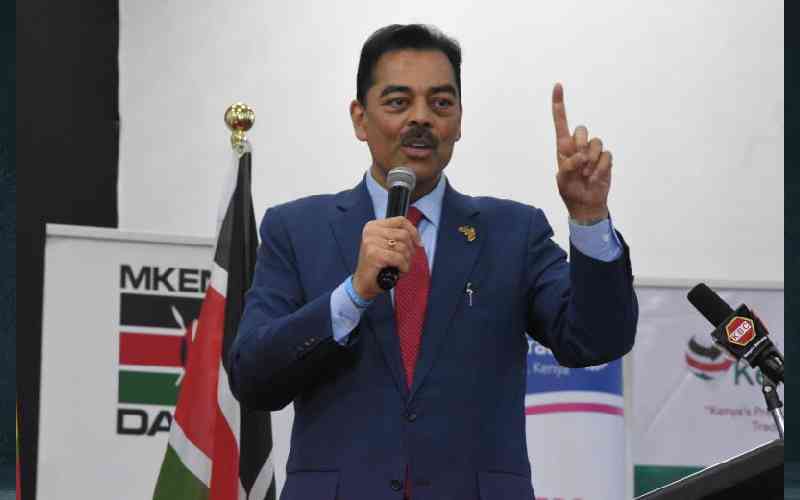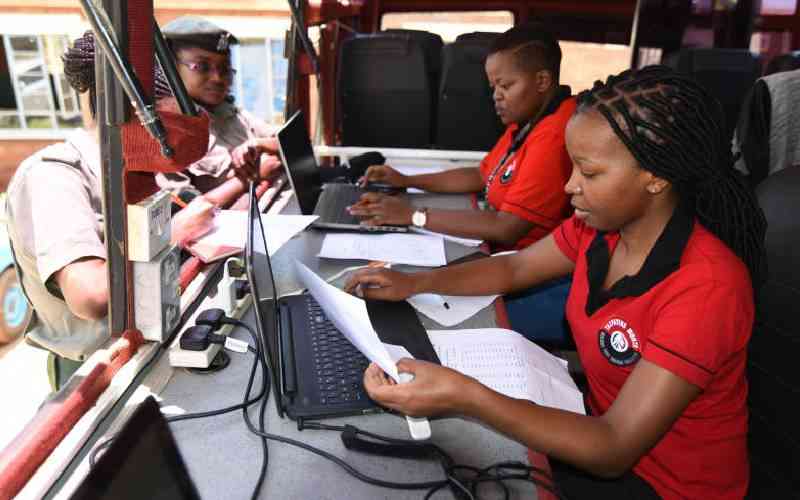
Money laundering, terrorism financing, and the recently highlighted proliferation financing are risks with far-reaching consequences for the global financial system, and African economies have not been spared.
According to the 2023 Basel AML Index, which measures money laundering and terrorism financing risks worldwide, six of the top ten countries with the highest risk levels are in Africa.
Furthermore, out of the 19 countries currently grey-listed by the Financial Action Task Force (FATF), 11 are African, including Kenya, Tanzania, South Sudan, South Africa, and the Democratic Republic of Congo.
This indicates that money laundering, terrorism financing, and proliferation financing remain widespread, underscoring the need for more concerted efforts to mitigate these risks at both national and continental levels.
The direct and indirect costs of these financial crimes on African economies are substantial. Countries with high money laundering and terrorism financing risks face compromised financial system integrity, making them less attractive to foreign investors.
This can lead to sanctions, lost financial services, and financial instability.
Corruption, one of the main predicate offences for these financial crimes, remains prevalent in Africa and poses a significant barrier to foreign trade and investment.
A report by the Office of the United States Trade Representative cited bribery and corruption as major impediments to business in several African countries, including Kenya, Ethiopia, Nigeria, and Angola, resulting in reduced investment flows and lost development opportunities.
Between 1980 and 2018, Africa reportedly lost an estimated $1.3 trillion (Sh167.7 trillion) through illicit financial flows out of the continent, according to the Africa Growth Initiative at the Brookings Institution.
This outflow of resources represents a loss of domestic funds that could have been allocated to development and savings, contributing to reduced economic opportunities and widening financial inequality.
Persistent financial crimes without strong enforcement erode public trust in government institutions, which undermines governance and, in extreme cases, can lead to political instability.
Additionally, terrorism financing raises the risk of terrorist activity, posing significant threats to life, national security, and economic stability.
Inadequate anti-money laundering (AML), counter-terrorism financing (CTF), and anti-proliferation financing (APF) measures, evident in many African countries, exacerbate these problems, fostering environments where predicate offences like corruption flourish.
Despite this, there are efforts across the continent by government institutions, intergovernmental organizations, international development partners, and private sector players aimed at mitigating these risks.
Notably, Uganda recently exited the FATF grey list, a testament to its progress in strengthening its AML and CTF frameworks.
It is crucial to understand and communicate the full impact of these financial crimes on Africa’s financial systems and economic growth to drive the necessary reforms, which include building technical capacity and strengthening political will.
Given that these risks are inherently cross-border, a continental approach—emphasizing intelligence sharing, resource pooling, regulatory standardisation, and establishing an authority to enforce sanctions—could be pivotal in combating these issues.
Individually, African countries must also invest in strengthening their AML, CTF, and APF regimes, ensuring they are proportionate to their risk levels and aligned with global standards, such as the FATF recommendations.
The writer is an associate director of forensics, PwC Kenya
 The Standard Group Plc is a multi-media organization with investments in media
platforms spanning newspaper print operations, television, radio broadcasting,
digital and online services. The Standard Group is recognized as a leading
multi-media house in Kenya with a key influence in matters of national and
international interest.
The Standard Group Plc is a multi-media organization with investments in media
platforms spanning newspaper print operations, television, radio broadcasting,
digital and online services. The Standard Group is recognized as a leading
multi-media house in Kenya with a key influence in matters of national and
international interest.
 The Standard Group Plc is a multi-media organization with investments in media
platforms spanning newspaper print operations, television, radio broadcasting,
digital and online services. The Standard Group is recognized as a leading
multi-media house in Kenya with a key influence in matters of national and
international interest.
The Standard Group Plc is a multi-media organization with investments in media
platforms spanning newspaper print operations, television, radio broadcasting,
digital and online services. The Standard Group is recognized as a leading
multi-media house in Kenya with a key influence in matters of national and
international interest.











